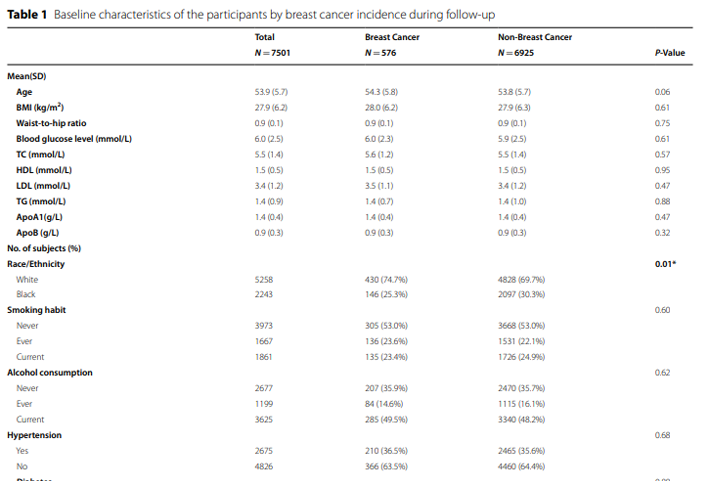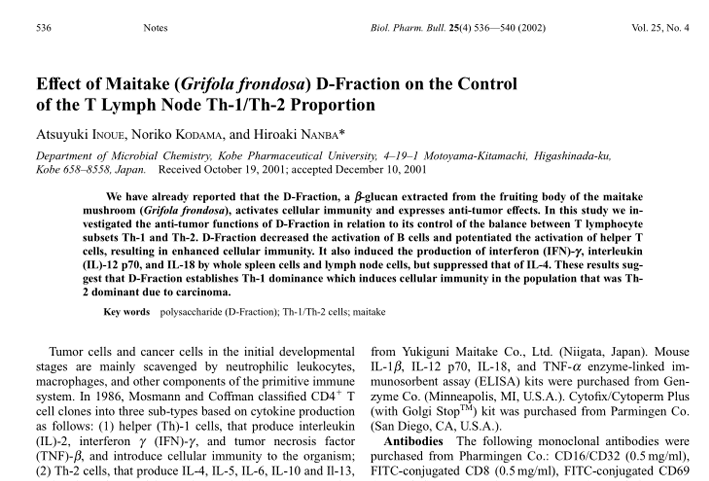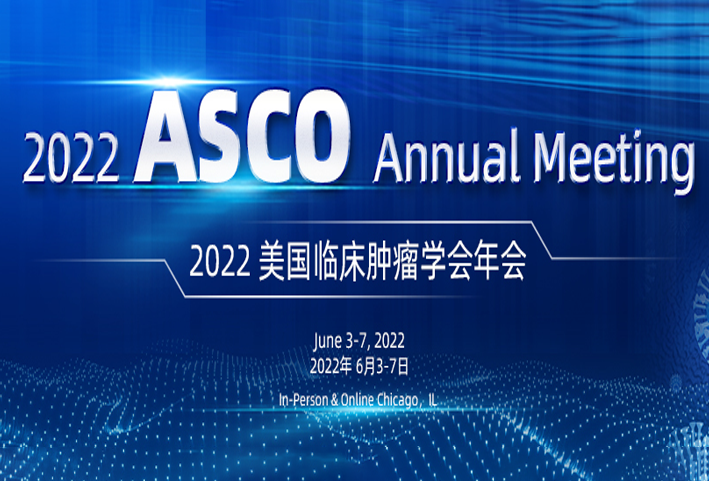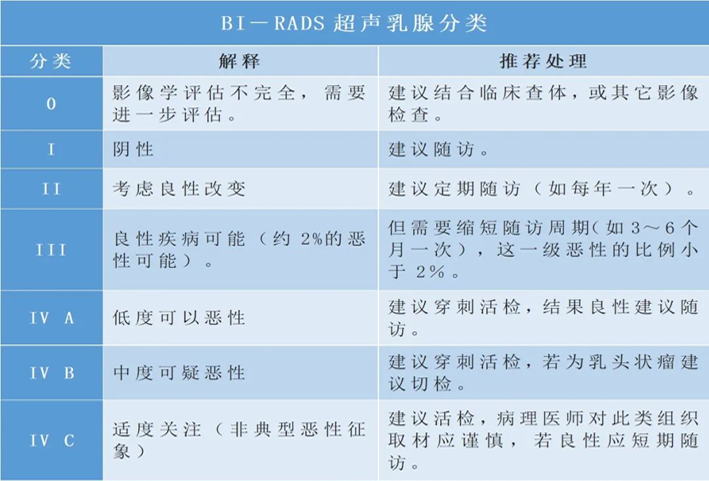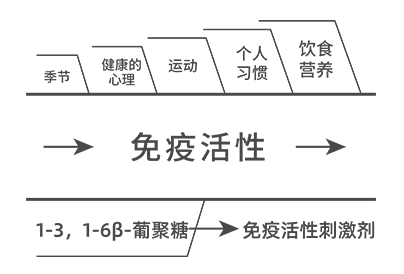
The latest cancer data in 2020 released by the World Health Organization Cancer Research Institute (Irac) shows that colorectal cancer is the third most common cancer after breast cancer and lung cancer, accounting for 9.4% of patients. Among them, the Chinese colorectal cancer patient station accounts for 31% of the global colorectal cancer patients. Moreover, the incidence rate of early-onset colorectal cancer (yocrc), that is, people younger than 50 years old, is increasing year by year. Therefore, it is imperative to find out the risk factors of yocrc.
Scholars from Cleveland, Ohio carried out a study. The subjects of the study were 314 patients with histologically confirmed stage I-IV colorectal cancer (CRC) who underwent surgical resection in Cleveland Clinic from 2000 to 2020. The age of patients diagnosed with yocrc was less than 50 years old, and the age of patients diagnosed with ordinary colorectal cancer (aocrc) was more than 60 years old, and all agreed to enter a prospective biobank. Thirty six patients were excluded due to non malignant, non adenocarcinoma, or metastatic site specimens. The purpose of this study was to analyze the differences of intestinal microbiome between yocrc and aocrc patients,
Fresh frozen tissue from the primary tumor and paired non malignant tissue samples were analyzed. 16S rDNA was isolated and sequence readings were assigned to genus level amplicon sequence variants in dada2 and analyzed using phyloseq α and β Diversity. Statistics include analysis of variance (ANOVA), permutation multivariate analysis (permanova), linear regression and Wilcoxon test. Variance abundance and correlation analysis were adjusted according to gender and race as confounding factors. The findings were presented at the ASCO conference.
The results showed that 278 patients were included, of which 137 had yocrc (median age 43 years, range 16-49) and 141 had aocrc (median age 73 years, range 61-95). Patients with yocrc were more likely to have stage III or IV disease (29% vs. 14%, P = 0.002; 29% vs. 18%, P = 0.024), left tumor (74% vs. 58%, P = 0.003) and receive neoadjuvant therapy (29% vs. 15%, P = 0.004).
Tumor microorganisms of yocrc α The diversity was significantly higher than that of aocrc. β The diversity analysis showed that the diversity of genera was significantly different between the two groups. The common taxa found in the two groups were lactobacillus, bacillus and Listeria. Differential abundance analysis (ANOVA, P <0.05) revealed significant changes in the intratumoral microbiome (Table 1).
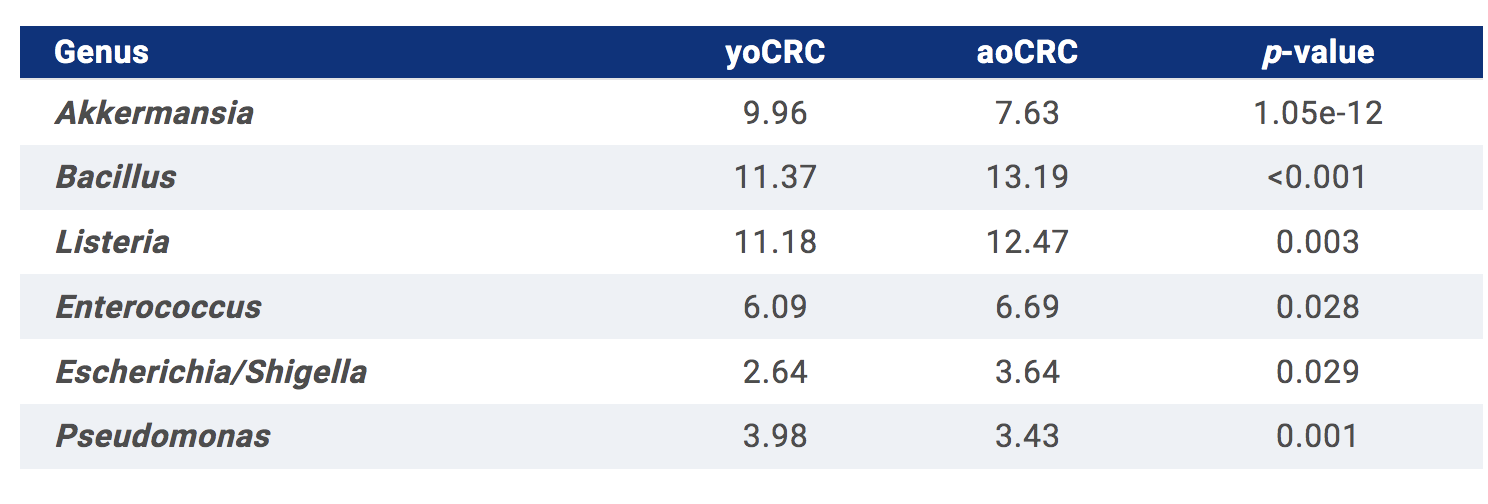
Correlation analysis showed that in yocrc, the prolongation of overall survival was related to the presence of akk bacteria, but not in aocrc.
In conclusion, this study found that there were significant differences in the intratumoral microbiome between yocrc and aocrc. In particular, akk bacteria, considered as healthy intestinal microorganisms, have a higher relative abundance in yocrc and are associated with improved overall survival. In the future, further research is needed to understand the nature of the association between these microorganisms and the development and results of yocrc.
Reference:
Shimoli V Barot, Naseer Sangwan, Kanika G. Nair, Shao Xiang, Suneel Deepak Kamath, David Liska, Alok A. Khorana, Stephanie Schmit. Tumor microbiome variation in young versus average onset colorectal cancer.
Article source:



